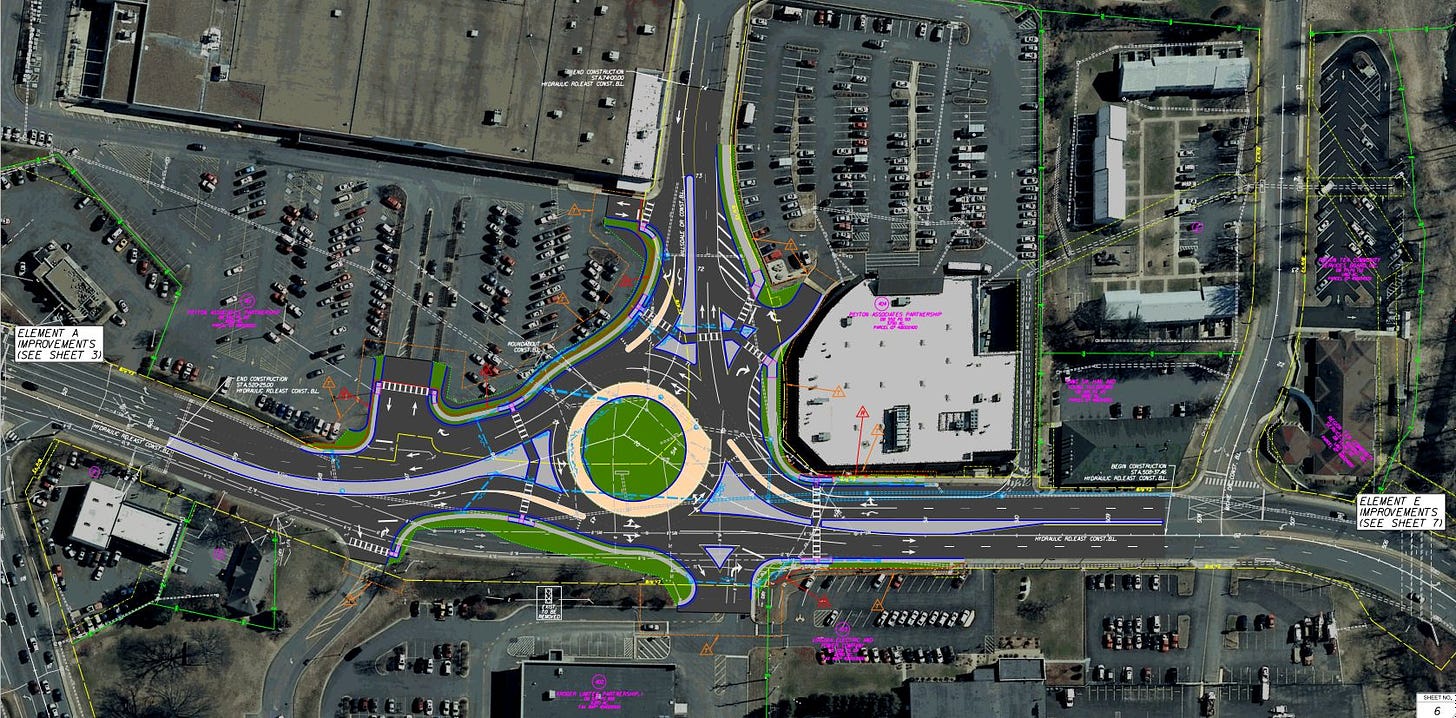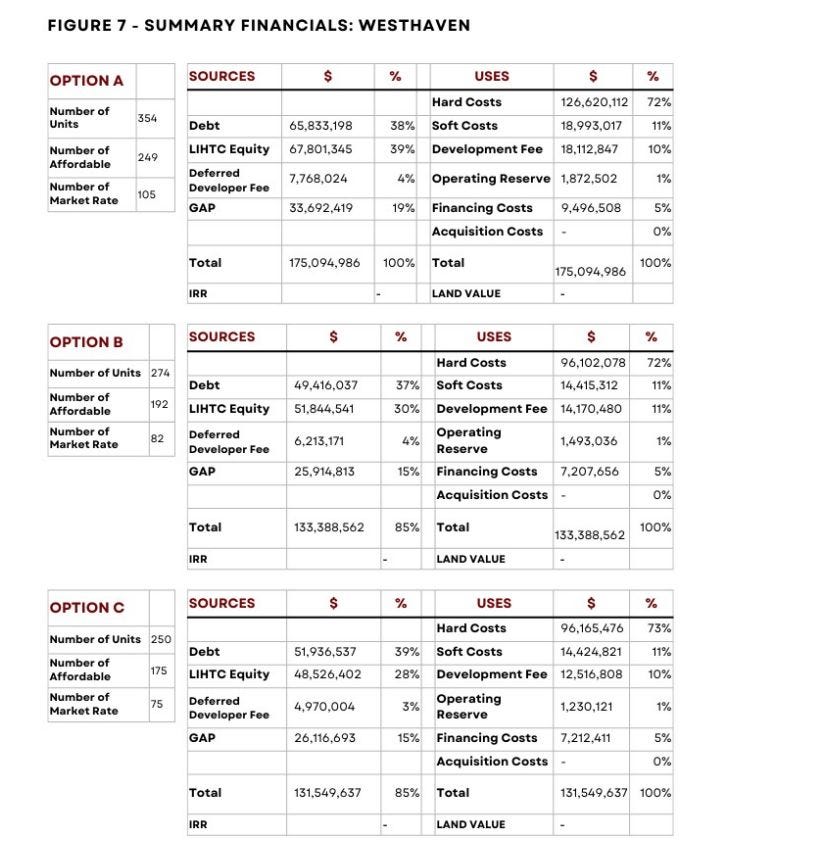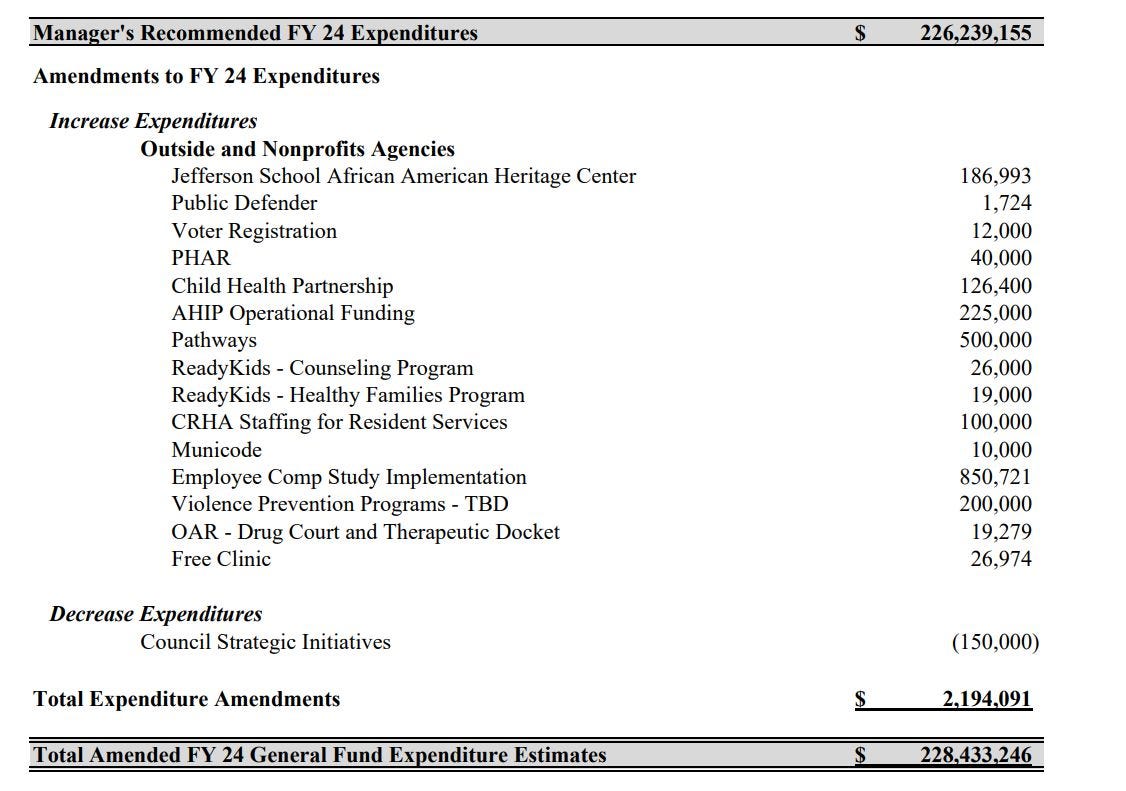This is the second in a series of installments that seeks to take a look back at 2023, a year in which a lot seems to have happened and a year in which I think I did not write nearly enough. This review is intended to help me figure out where to prioritize in 2024 and what I need to follow up on.
This edition also carries the podcast version of the December 22 edition. That’s the one that sought to document City Council’s adoption of a new zoning code. I didn’t have enough time to produce the audio that day and I’m out of my home studio this week. If you’ve never heard one of these before, take a listen! The podcasts reflect my love of audio journalism and my vision of what I think local public radio should sound like. They also reflect the implementation of the early vision of the Charlottesville Podcasting Network.
I’m producing this series by going through posts archived to Information Charlottesville and seeing what seems interesting and relevant. The flow is loosely month to month, but you’ll note I jump ahead here and there. This particular edition reviewed early March through mid-June, but some of the paragraphs provide updates on what happened later in the year.
Albemarle’s FY24 budget
For the first time in four years, Albemarle residents had the opportunity to comment in public on the $551.5 million budget for the next fiscal year. That figure was actually six percent less than the budget for FY22, as reported at a work session. Some speakers expressed concerns about rising assessments, while others called for additional spending on housing. A thing to watch in the next year is how much Albemarle’s real estate assessments increase in FY24 and whether there will be calls to lower the rate. In FY24, the county allocated an additional $240,000 to property tax relief for the elderly and disabled.
Charlottesville’s FY24 budget
Charlottesville’s interim city manager recommended a $226M budget in early March. The budget called for sharp increases in funding for the Human Rights Commission, the Police Civilian Review Board, and the Office of Equity and Inclusion. That additional funding was slated for additional positions as detailed at a work session in March. In March, Charlottesville Area Transit Director Garland Williams sought additional funding to add additional service on Route 6. That has not yet happened.
There was no proposed increase in the real property tax rate. By early April, the draft budget had increased to $227.7 million. No one spoke at the public hearing for the first reading of the budget. Some on Council wanted additional spending and an additional $2 million or so was found before the second reading and adoption.
Council had previously opted to proceed with the renovation and expansion of Buford Middle School, a project with a price tag north of $90 million. In May, the city learned it would receive $17.5 million from the Commonwealth of Virginia to contribute to the cost.
Charlottesville also finalized an economic development strategic plan after being briefed on the document in May
“First and foremost, Charlottesville is a diverse and young community with an authentic small-town charm,” said Resonance Vice President Steven Pedigo at the May 15 meeting of Charlottesville City Council. “Charlottesville is home to a highly skilled workforce, a variety of industries, and a really strong healthy economy.” (view the presentation).
You can review the final plan here. It lays out five goals, with the first being: “We will invest in entrepreneurship to grow a more diverse, equitable, and vibrant Charlottesville.”

Transportation planning continues in the spring
In March, City Council heard from the city’s new transportation planner. Over the years, the city has been awarded several dozen millions of dollars for projects through the Smart Scale process, all but one of which have not yet made it past the planning phase At this session, Chambers gave updates on CAT’s alternative fuels study and the city’s dockless mobility permit program. The latter followed up on a briefing on the sole company that holds a permit. The city was to have negotiated a new contract with VEO. Did it happen? One to follow-up on in 2024.
There were lots more transportation updates in March, including information on a series of projects funded through Smart-Scale at the Hydraulic / U.S. 29 intersection. That will include a pedestrian bridge over U.S. 29 to connect high-intensity developments on either side of the eight-lane highway.
I reached out to the Virginia Department of Transportation earlier this month for the latest info. A $20,788,119.29 design-build contract was awarded on April 19.
“The construction will be done by Curtis Contracting Inc. of West Point, Virginia,” said Lou Hatter, spokesman for VDOT’s Culpeper District. “Wallace Montgomery of Fairfax is doing the design work.”
Hatter said the work must be completed by October 31, 2025 and there is an incentive for the project to be completed early. That’s something to keep an eye on as this year proceeds.

Albemarle County’s ability to convert projects from proposal to implementation far outstrips Charlottesville. Another set of intersection improvements is moving through the preliminary engineering stage. These will see roundabouts at Route 53 and Route 20, John Warner Parkway and Rio Road East, and Old Lynchburg Road and 5th Street Extended. These have now been bundled with two other projects and the design public hearing was held in September
Another intersection project became the subject of concern from the University of Virginia. In March, I relayed information about the conversion of Fontaine Avenue and U.S. 29 into a diverging diamond. Supervisors were told of this critique in April. The Charlottesville Planning Commission learned more at their April meeting when one of their members gave details about how UVA is concerned that the project would not be able to handle traffic volumes when the Fontaine Research Park.
That member was telling the appointed body what had been said at a meeting of the Land Use and Environmental Planning Committee. That closed-door body replaced the public Planning and Coordination Council after the latter was disbanded by elected officials in late 2019. The LUEPC committee would later amend their by-laws to make clear that participants were not to divulge confidential information.
More on local regional planning in the next edition.
Sustainability and expansion for Charlottesville’s public housing agency
In March, Council got an update on a plan for the long-term financial health of the Charlottesville Redevelopment and Housing Authority. CRHA hired Northern Real Estate Urban Ventures to develop the plan and Council were told the consultants would look into possible futures for both Westhaven and the former auto garage at Avon Street and Levy Avenue. In September, Council got an update on the plan and were asked for $15 million for CRHA to put toward redevelopment of Westhaven. That amount is included in the draft capital improvement program to be included in the FY2025 budget.
In mid-April, Council held the first reading on a $5 million request from the Charlottesville Redevelopment and Housing Authority to purchase 74 residential units from Woodward Properties. CRHA got another $5 million from a loan from Riverbend Development. These units will be jointly owned by the city and the public housing agency and finances will be kept separate from public housing properties. According to my report from the second reading, the first annual report from CRHA on how the portfolio is doing will be due on January 31.
With City Council’s permission CRHA continued to purchase single sites across Charottesville using city funds that had originally been allocated for rental assistance. That included one property on Harris Road in the Fry’s Spring neighborhood.

Albemarle continues to discuss developer incentives to build affordable units
Albemarle County Supervisors adopted an affordable housing strategy in June 2021 but has not yet implemented mandatory requirements to build units. That’s because ways to incentivize developers to do so has not yet been adopted. In February, Supervisors were briefed on a possible grant program.
On April 19, there was another lengthy work-session that covered many different possibilities including additional tax relief. Supervisors expressed interest in hearing from developers. In December, that occurred when the Central Virginia Regional Housing Partnershipthey brokered a roundtable. I’ve not written that meeting up yet and it’s on a long list of follow-ups.
Supervisors also heard in April from the Piedmont Community Land Trust about how the $625,000 they received from the county would be used.
Albemarle makes major economic development investment in defense sector
The largest government land purchase in my time as a reporter was perhaps telegraphed in early May with a report from the Charlottesville Regional Chamber of Commerce that found that the defense sector has a $1.2 billion impact on the region.
Two weeks later, Albemarle County announced that Supervisors would approve a $58 million purchase of 462 acres of land around the Rivanna Station military base in order to protect it from encroachment. The purchase of the property from developer Wendell Wood would also be an investment in economic development.
“Through the establishment of an Intelligence Community Innovation Acceleration Campus, this campus will be a place for public sector organizations, private sector businesses, and academic institutions to work together to co-create solutions to the biggest challenges facing our nation and the world,” said Supervisor Chair Donna Price at the time.
The property transaction had not closed as of this writing. Supervisors had an update in December that is on a long list of stories I still want to tell.
Charlottesville continues renaming city schools
In March, a committee proposed new names for Johnson Elementary School and Burnley-Moran Elementary School. A month later, the School Board would hit pause on these particular renamings. Descendants of one of the namesakes questioned the research that had gone into that process.
An official date change for the transitions of Venable Elementary to Trailblazer Elementary and Clark Elementary to Summit Elementary has not yet been made. Buford Middle School will become Charlottesville Middle School in 2025. Where is this process now? Meanwhile, the University of Virginia’s Board of Visitors approved the naming of two new student residence halls after the late Paul Gaston and Ruhi Ramazani. That happened in September, as I reported for C-Ville Weekly.
Short items for this edition:
Property assessments were up all around the region, as the Thomas Jefferson Planning District Commission learned in March.
Charlottesville City Council returned to in-person meetings in May, but would suspend remote public comment in October after a person used their time to shout racial slurs.
In May, Greene County hired Catherine Schafrik as the new administrator.
In May, Charlottesville released the latest data on greenhouse gas emissions. Later in the year, City Manager Sam Sanders announced the creation of an Office of Sustainability independent of Public Works.
In May, the Charlottesville Regional Chamber of Commerce announced Natalie Masri would be the president and CEO. Her last day in the role is January 16. The Daily Progress reported in December that Masri did not she was the right fit for the job. .
In May, Albemarle Supervisors finally filled a vacancy on the Planning Commission by naming Nathan Moore to the Rio District seat. City Council has yet to fill a vacancy left by the resignation of Liz Russell in June. That position won’t be filled until at least February.
Albemarle County’s review of changes to a policy on siting cell towers went before the Planning Commission in June. They were taking feedback through mid-December. Final recommendations for changes will come out early next year.
Former interim City Manager Michael C. Rogers named former Chesapeake City Attorney Jacob Stroman as the new top legal counsel for Charlottesville in June.














Share this post